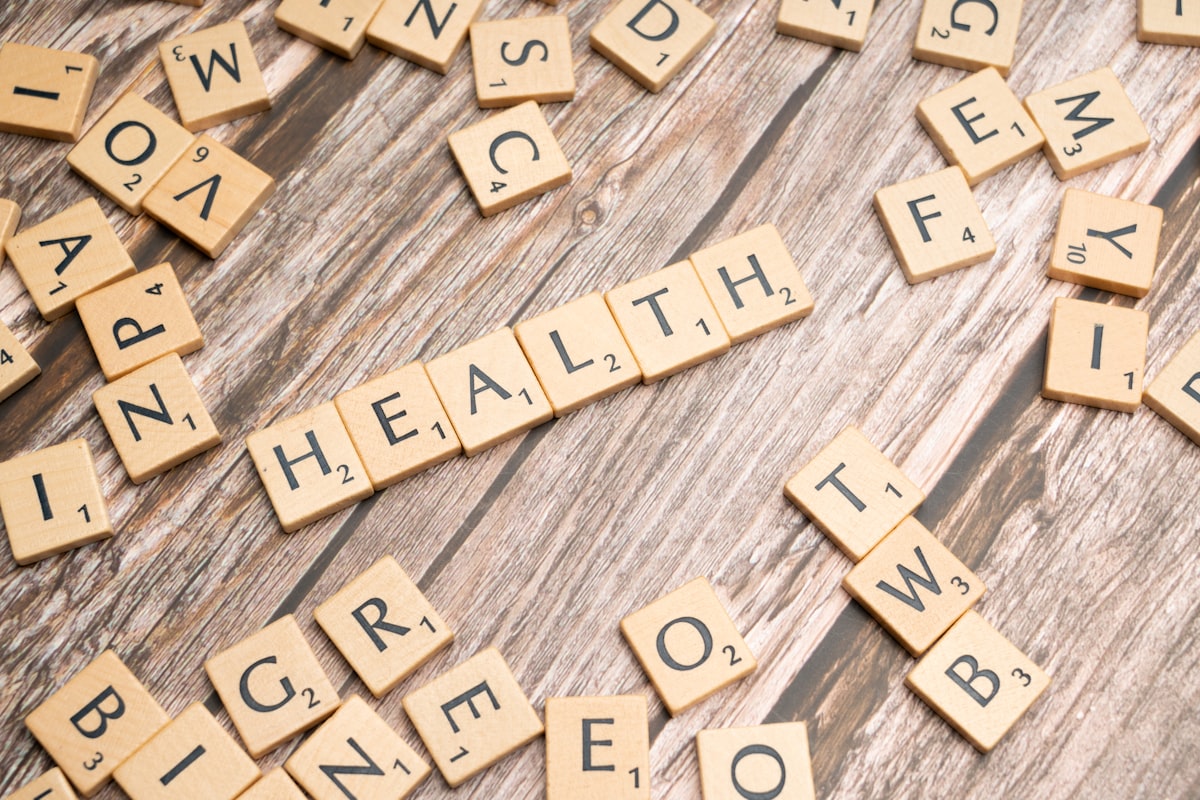Discover the truth behind the most common health myths. U.S. nutritionists, doctors, and researchers debunk 20 widespread misconceptions about diet, exercise, sleep, and preventive care. Learn what really matters for your health and well-being.
Introduction
The internet is overflowing with health advice, but not all of it is rooted in science. From fad diets to exercise misconceptions, health myths can mislead people and even harm long-term well-being. According to a study by the University of Michigan School of Public Health, misinformation about health spreads faster on social media than verified scientific facts.
To set the record straight, we’ve gathered insights from nutritionists, doctors, and research institutions to debunk the top 20 health myths that many Americans still believe.
1. Myth: You Need 8 Glasses of Water Every Day
Reality: Hydration needs vary by individual. The National Academies of Sciences recommends about 3.7 liters for men and 2.7 liters for women, including fluids from food.
2. Myth: Carbs Make You Fat
Reality: Carbohydrates are not inherently fattening. Whole grains, fruits, and vegetables are essential energy sources. Weight gain comes from excessive calories, not carbs alone.
3. Myth: All Fats Are Bad
Reality: Healthy fats, such as omega-3s from fish and monounsaturated fats from olive oil, support heart and brain health. What you should avoid are trans fats and excess saturated fats.
4. Myth: Natural Sugar Is Better Than Added Sugar
Reality: Your body processes sugar the same way, whether it comes from honey, agave, or white sugar. However, fruits and whole foods also contain fiber, vitamins, and antioxidants, making them healthier options.
5. Myth: You Can Target Belly Fat With Sit-Ups
Reality: Spot reduction is a myth. Harvard Health confirms fat loss happens across the body through a combination of calorie deficit, strength training, and cardio.
6. Myth: Skipping Breakfast Ruins Your Metabolism
Reality: Intermittent fasting studies, such as those from the University of Illinois at Chicago, show that skipping breakfast does not harm metabolism. What matters is total daily nutrition.
7. Myth: You Need Daily Multivitamins
Reality: Most people can get nutrients from a balanced diet. Over-supplementation may even cause harm. Doctors recommend supplements only for deficiencies or specific conditions.
8. Myth: Eating Late at Night Causes Weight Gain
Reality: Weight gain is linked to calories consumed versus calories burned, not meal timing. Late-night snacking becomes a problem when it leads to overeating unhealthy foods.
9. Myth: Detox Diets Cleanse Your Body
Reality: Your liver, kidneys, and lungs naturally detoxify your body. Juice cleanses and detox teas often lack scientific evidence and may cause nutrient deficiencies.
10. Myth: Cracking Your Knuckles Causes Arthritis
Reality: Studies, including one published in the Journal of American Board of Family Medicine, show no link between knuckle cracking and arthritis.
11. Myth: Microwaving Food Destroys Nutrients
Reality: Microwaving is actually one of the best ways to preserve nutrients since it uses less water and shorter cooking times.
12. Myth: Eating Eggs Raises Cholesterol Dangerously
Reality: Research from Harvard T.H. Chan School of Public Health shows moderate egg consumption does not significantly impact heart disease risk for most people.
13. Myth: You Must Stretch Before Exercise
Reality: Static stretching before workouts can reduce performance. Experts recommend dynamic stretching or light activity to warm up instead.
14. Myth: More Protein Equals More Muscle
Reality: The body can only utilize so much protein. Excess intake does not guarantee extra muscle gain; strength training is the real driver.
15. Myth: Vaccines Cause Autism
Reality: This myth was based on a fraudulent 1998 study that has since been retracted. Decades of research prove no link between vaccines and autism.
16. Myth: A Tan Protects Against Sunburn
Reality: A tan is a sign of skin damage, not protection. Dermatologists emphasize that sunscreen and shade are essential for preventing skin cancer.
17. Myth: Cold Weather Causes Colds
Reality: Viruses, not temperatures, cause colds. Cold weather may weaken immunity slightly, but infections spread mainly in crowded indoor settings.
18. Myth: Gluten-Free Diets Are Healthier for Everyone
Reality: Unless you have celiac disease or gluten sensitivity, avoiding gluten provides no proven health benefits and may even reduce fiber intake.
19. Myth: Lifting Weights Makes Women Bulky
Reality: Due to lower testosterone levels, most women do not bulk up from strength training. Instead, it helps with fat loss, bone density, and lean muscle.
20. Myth: You Should Drink Sports Drinks After Every Workout
Reality: Sports drinks are designed for athletes engaged in intense, prolonged activity. For most people, water is enough to stay hydrated.
Table: Health Myths vs. Evidence
| Health Myth | Scientific Evidence |
|---|---|
| Carbs make you fat | Weight gain is from calorie surplus, not carbs alone |
| All fats are bad | Healthy fats improve heart and brain health |
| Skipping breakfast ruins metabolism | Studies show no harm to metabolism |
| Detox diets cleanse the body | Liver and kidneys already detox naturally |
| Lifting weights makes women bulky | Hormonal levels prevent bulky muscle growth |
| Vaccines cause autism | No scientific evidence supports this claim |
Why Health Myths Spread
-
Social Media Influence: Algorithms favor sensational claims over nuanced truths.
-
Confirmation Bias: People tend to believe what aligns with their existing opinions.
-
Lack of Science Literacy: Misinterpretation of studies can fuel misinformation.
FAQs About Health Myths
Q1: Why do so many health myths exist?
Health myths spread because of misinformation online, anecdotal evidence, and outdated medical advice that gets recycled.
Q2: How can I tell if a health claim is accurate?
Look for peer-reviewed studies, recommendations from reputable institutions (like CDC, NIH, or Harvard Health), and advice from licensed professionals.
Q3: Are natural remedies always safe?
Not always. Natural doesn’t mean risk-free. Some herbs can interfere with medications or cause side effects.
Q4: Should I trust social media influencers for health advice?
Not without verification. Always fact-check against trusted medical resources.
Q5: What’s the best way to debunk myths with friends or family?
Share evidence-based resources and explain the science simply, without judgment.




